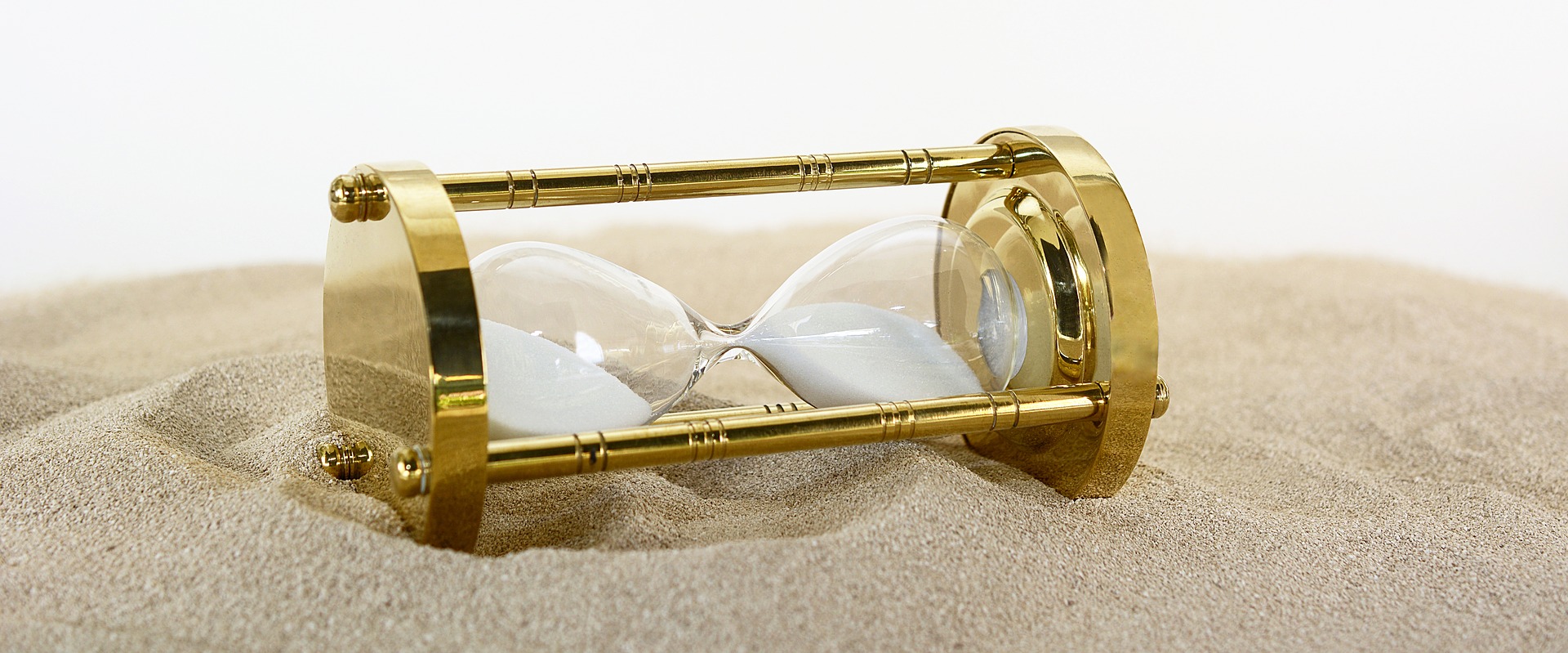 More than 1 million people reside in nursing homes, according to the Centers for Disease Control and Prevention. In addition to mature adults, these facilities serve disabled Illinois children and adults who need temporary or constant care. Many incoming residents may rely on Supplemental Security Income benefits to make ends meet. Unfortunately, people who live in nursing homes and receive support from Medicaid may lose SSI eligibility.
More than 1 million people reside in nursing homes, according to the Centers for Disease Control and Prevention. In addition to mature adults, these facilities serve disabled Illinois children and adults who need temporary or constant care. Many incoming residents may rely on Supplemental Security Income benefits to make ends meet. Unfortunately, people who live in nursing homes and receive support from Medicaid may lose SSI eligibility.
Factors affecting eligibility
The type of nursing home and the amount of care Medicaid pays for both determine SSI benefit eligibility. The following situations can lead to the loss or reduction of benefits:
- Living in a nursing home facility with Medicaid covering at least half the cost of care. In this situation, an individual’s SSI benefit amount is reduced to $30 per month. A couple’s combined benefit drops to $60 per month.
- Living in a public nursing facility. Regardless of how much of the cost Medicaid covers, people who reside in these facilities do not qualify for SSI.
- Living in a private nursing home. The SSA does not have a direct rule for residents who pay at least half the cost of staying in a private nursing home. However, these people typically do not meet SSI income requirements.
The SSA also observes distinct rules for children and for individuals with spouses living in nursing homes. Children can receive a $30 monthly benefit if personal insurance or Medicaid covers over half the cost of care. If a married couple receives SSI benefits and one spouse enters a nursing home, the second spouse still receives benefits. However, benefits will decrease from the couple amount of $1,082 to the individual amount of $721.
People who receive SSI must notify the SSA of any changes in living situation, including entering a nursing home. People who are preparing to leave a nursing home should also take steps to protect their benefits.
Returning home
People who enter a nursing home temporarily can become eligible for SSI benefits again upon leaving the facility. The SSA has a prerelease procedure that people leaving nursing homes can use to apply to receive benefits once they return home. The application should be completed several months before the scheduled release to ensure benefits are available in time.
During short nursing home stays, SSI recipients may be able to keep full SSI benefits. The individual’s doctor must provide written notification stating the stay will last 90 days or less. Additionally, the individual must give written notice that ongoing SSI benefits are necessary to maintain permanent housing. The SSA may then approve “temporary institutionalization” benefits, or full benefits that continue through the temporary nursing home stay.








